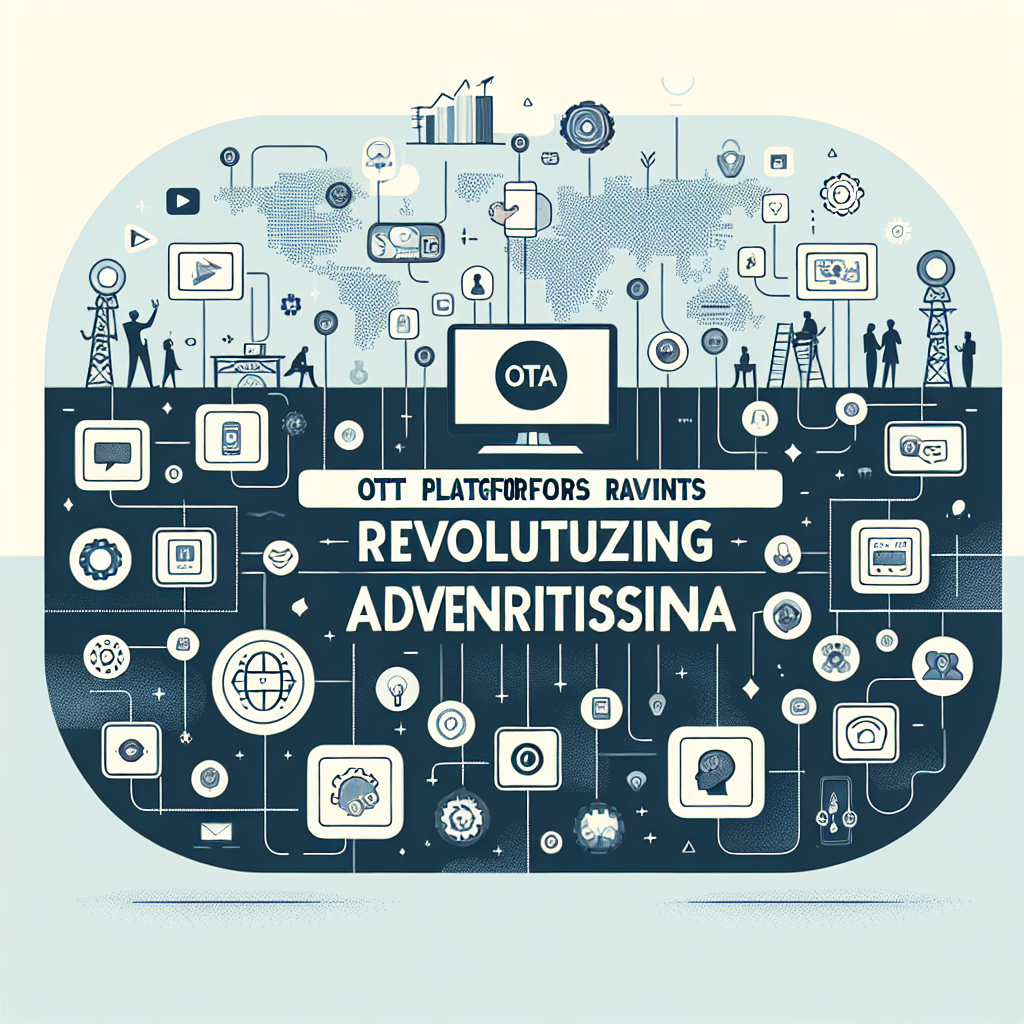Planning Olympics, World Cup & Global Events
Rebecca, a global brand director at a leading sportswear company, learned the true complexity of global event marketing during the 2022 FIFA World Cup in Qatar. Her team had developed what they considered a comprehensive global campaign that leveraged the excitement of the tournament to drive brand awareness and sales across their key markets. However, as the tournament progressed, Rebecca noticed dramatic performance variations across different regions that couldn't be explained by simple audience size or market maturity. The breakthrough insight came when she realized that their one-size-fits-all approach had missed the nuanced ways different cultures engage with global sporting events. While their campaign performed exceptionally in football-passionate markets like Brazil and Germany, it struggled in markets like India where cricket dominates sports culture, and in the United States where World Cup engagement patterns differed significantly from domestic sports consumption behaviors.
Introduction
The strategic management of global event marketing represents one of the most complex and rewarding challenges in contemporary brand management, where success requires sophisticated understanding of cultural nuances, media consumption patterns, and consumer behavior variations across diverse global markets. Global sporting events like the Olympics and World Cup create unique marketing opportunities that transcend geographic boundaries while maintaining distinct local relevance patterns.
The scale and complexity of global event marketing has intensified with the rise of digital platforms that enable real-time engagement and personalization across multiple time zones and cultural contexts. These events generate massive global audience attention while requiring sophisticated coordination across multiple markets, channels, and cultural preferences simultaneously.
Research from the Global Event Marketing Association indicates that brands that effectively leverage global events achieve 78% higher brand awareness and 45% increased purchase intent compared to non-event periods. However, these benefits are unevenly distributed, with performance varying dramatically based on cultural relevance, local market conditions, and campaign execution quality.
The integration of artificial intelligence, real-time data analytics, and social media monitoring has revolutionized global event marketing capabilities, enabling brands to adapt campaigns dynamically based on real-time performance data and emerging cultural trends.
1. Build from Global Moment to Local Relevance
The foundation of effective global event marketing lies in sophisticated frameworks that leverage universal appeal while adapting to local cultural contexts, consumer preferences, and market conditions. This approach requires deep understanding of how global events resonate differently across cultural contexts and the ability to translate universal excitement into locally relevant messaging and experiences.
Successful global-to-local translation requires comprehensive cultural analysis that examines how different markets engage with global events, including historical relationships with the event, cultural attitudes toward competition and achievement, and local sports culture integration. This analysis must account for both explicit cultural differences and subtle behavioral variations that may impact campaign effectiveness.
The development of scalable local relevance frameworks enables brands to maintain global campaign consistency while adapting to local market conditions. These frameworks typically include cultural adaptation guidelines, local market activation strategies, and performance optimization protocols that ensure global campaigns achieve local market success.
Advanced analytics platforms now enable real-time cultural sentiment analysis that can identify optimal local adaptation strategies based on emerging trends and consumer response patterns. These systems can automatically adjust campaign elements to improve local relevance while maintaining global brand consistency.
2. Brand Tie-ins, Moment Marketing
The strategic integration of brand messaging with global event narratives requires sophisticated understanding of authentic connection points between brand values and event themes. Effective brand tie-ins transcend simple sponsorship arrangements to create meaningful associations that enhance both brand perception and event engagement.
Moment marketing during global events requires sophisticated real-time content creation and distribution capabilities that can capitalize on emerging narratives and cultural moments. This approach demands advanced social media monitoring, rapid content creation capabilities, and distributed approval processes that enable timely responses to developing stories.
The authenticity of brand tie-ins becomes particularly critical during global events, where consumers demonstrate heightened sensitivity to commercialization and inauthentic brand associations. Successful event marketing requires genuine connection between brand values and event themes rather than superficial promotional overlays.
Advanced predictive analytics now enable brands to identify optimal moment marketing opportunities before they fully emerge, allowing for proactive content creation and strategic positioning that maximizes engagement while maintaining authenticity.
3. Multi-Platform, Real-Time Coordination
The execution of global event marketing requires sophisticated coordination across multiple digital platforms, time zones, and cultural contexts while maintaining consistent messaging and optimal timing for maximum impact. This coordination challenge has intensified with the proliferation of digital channels and the expectation for real-time engagement across global audiences.
Effective multi-platform coordination requires advanced content management systems that can simultaneously distribute content across social media platforms, streaming services, traditional media, and emerging digital channels while adapting content formats and timing for optimal platform performance. These systems must account for platform-specific algorithms, audience behaviors, and cultural preferences.
Real-time coordination during global events demands sophisticated command center operations that can monitor performance across multiple markets simultaneously, identify emerging opportunities, and coordinate responses across distributed teams. These operations require advanced analytics dashboards, automated alert systems, and streamlined decision-making processes that enable rapid response to changing conditions.
The integration of artificial intelligence and machine learning has revolutionized real-time coordination capabilities, enabling automated content optimization, predictive audience targeting, and dynamic budget allocation that maximizes campaign performance across multiple platforms and markets simultaneously.
Case Study: Global Beverage Brand Olympic Marketing Excellence
A leading global beverage company faced the challenge of maximizing their Olympic sponsorship investment across 45 markets with varying cultural relationships to Olympic sports and different media consumption patterns. Their traditional approach of creating global campaigns with minor local adaptations had generated inconsistent results and missed opportunities for deeper cultural connection.
The company implemented a comprehensive global event marketing strategy that began with extensive cultural analysis of Olympic engagement patterns across their key markets. They identified that while the Olympic Games generated universal excitement, the sports focus, athlete preferences, and cultural narratives varied dramatically across markets.
Their new approach built from universal Olympic themes of achievement, perseverance, and global unity while adapting to local sports cultures and hero preferences. In markets with strong track and field traditions, they focused on individual achievement stories. In markets with team sports cultures, they emphasized collective success and national pride themes.
The campaign utilized sophisticated multi-platform coordination that included real-time content creation capabilities, automated social media optimization, and dynamic budget allocation based on emerging performance trends. They established regional command centers that could coordinate with global strategy while adapting to local market conditions and opportunities.
The results exceeded all expectations. Global brand awareness increased by 67% during the Olympic period, with some markets achieving over 80% awareness lift. Most importantly, the campaign generated sustained brand preference increases that continued six months after the Games concluded, demonstrating the lasting impact of authentic cultural connection.
The company's Olympic marketing success established new benchmarks for global event marketing and created replicable frameworks for future global event opportunities. Their integrated approach to global-local adaptation, authentic brand tie-ins, and sophisticated multi-platform coordination became the template for subsequent global event marketing initiatives.
Conclusion
The evolution of global event marketing represents a fundamental shift from mass broadcast approaches to sophisticated, culturally adaptive strategies that leverage universal excitement while creating authentic local connections. As global events continue to grow in scale and complexity, the ability to execute sophisticated multi-market campaigns will become increasingly critical for brand success.
The future of global event marketing will be characterized by increased personalization, real-time adaptation, and seamless integration across digital and traditional media platforms. Brands that develop advanced cultural intelligence, sophisticated coordination capabilities, and authentic storytelling approaches will be positioned to maximize the unprecedented opportunities that global events provide.
The integration of emerging technologies including virtual reality, augmented reality, and advanced analytics will continue to enhance global event marketing capabilities, enabling more immersive experiences and sophisticated audience engagement strategies.
Call to Action
For marketing leaders preparing for global event opportunities, begin by developing comprehensive cultural analysis frameworks that can identify optimal local adaptation strategies for your key markets. Invest in advanced coordination technologies and processes that enable real-time campaign optimization across multiple platforms and markets. Build cross-functional teams that combine global strategic thinking with local market expertise, and establish authentic brand positioning that can create meaningful connections with global event narratives. Most importantly, approach global event marketing as a long-term brand building opportunity rather than a short-term promotional tactic, focusing on creating lasting emotional connections that extend beyond the event period.
Featured Blogs
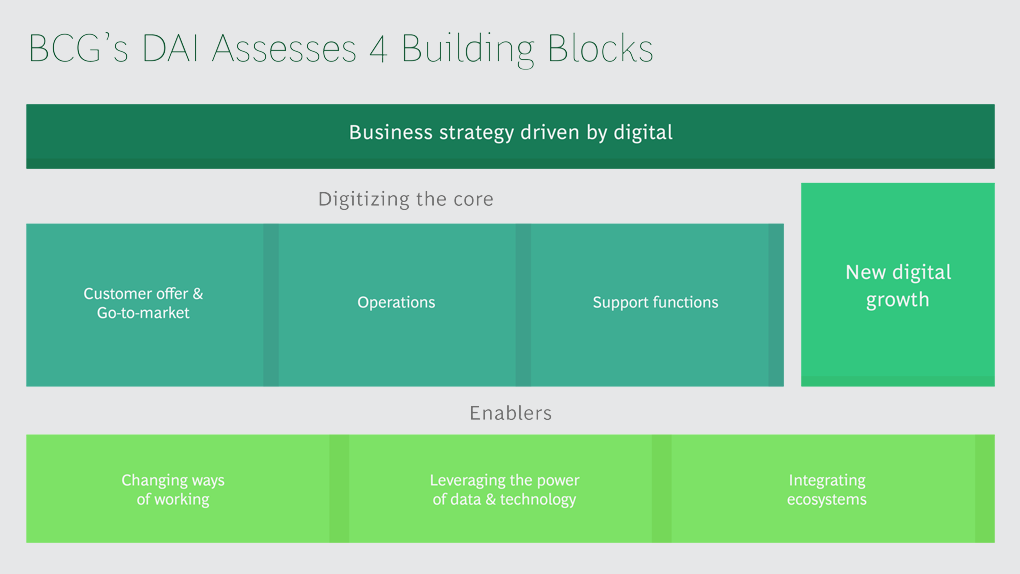
BCG Digital Acceleration Index
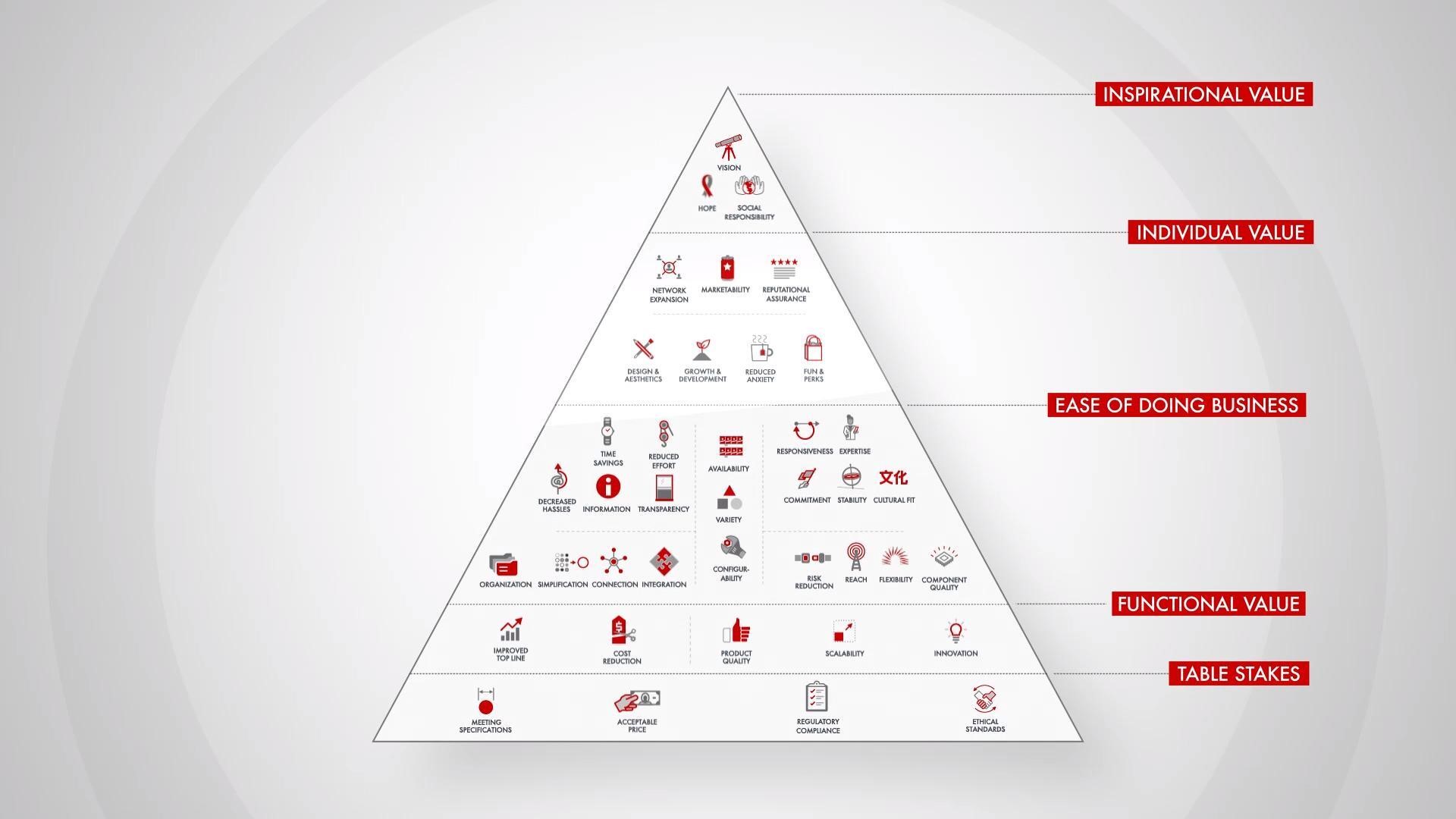
Bain’s Elements of Value Framework
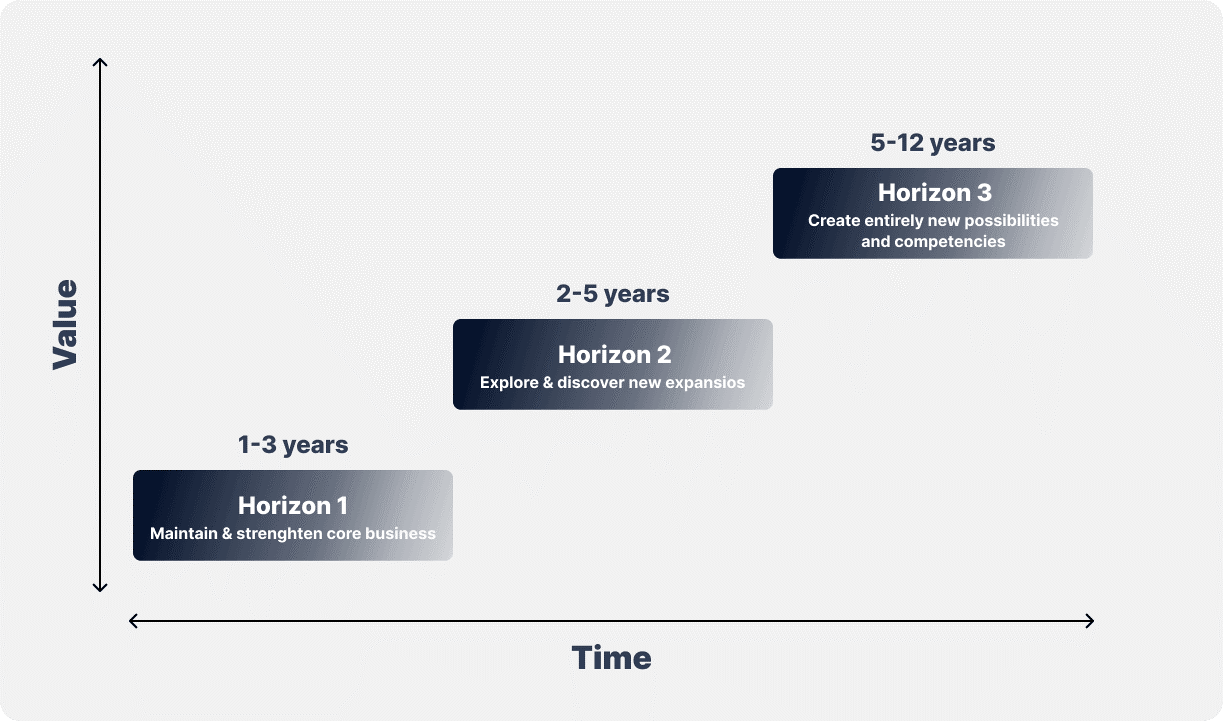
McKinsey Growth Pyramid
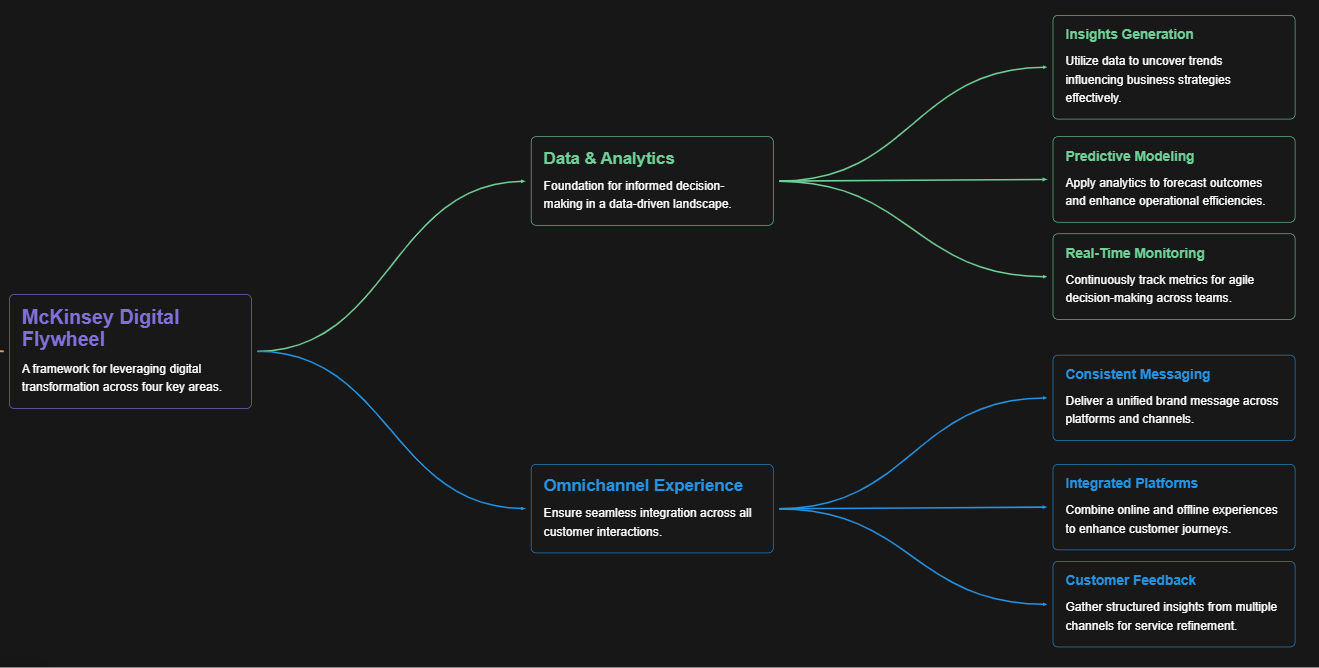
McKinsey Digital Flywheel
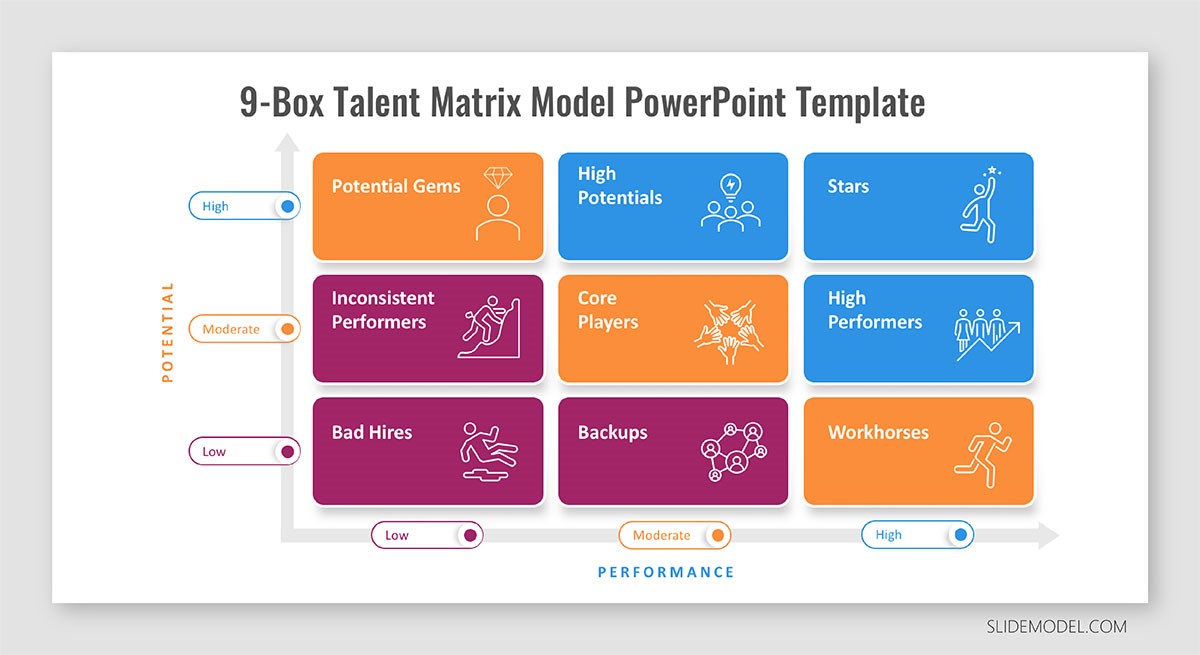
McKinsey 9-Box Talent Matrix
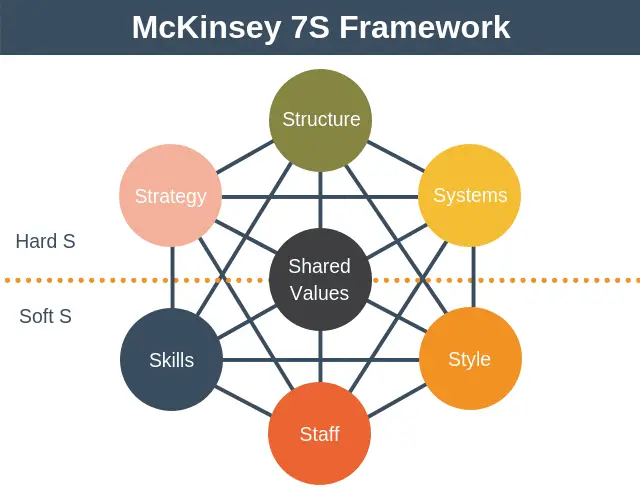
McKinsey 7S Framework
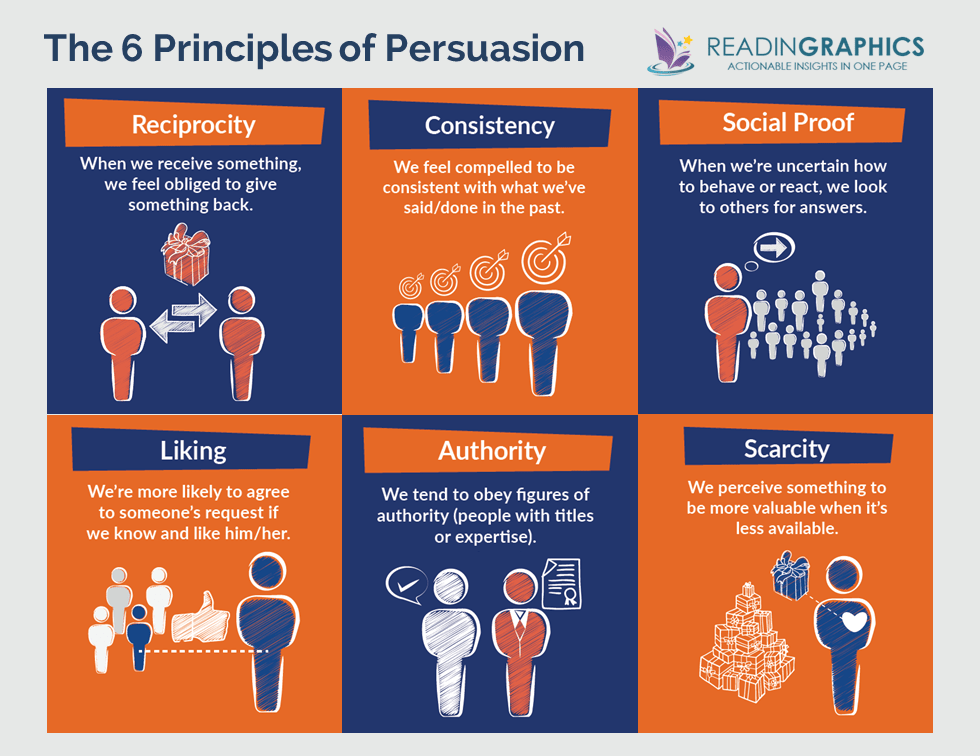
The Psychology of Persuasion in Marketing
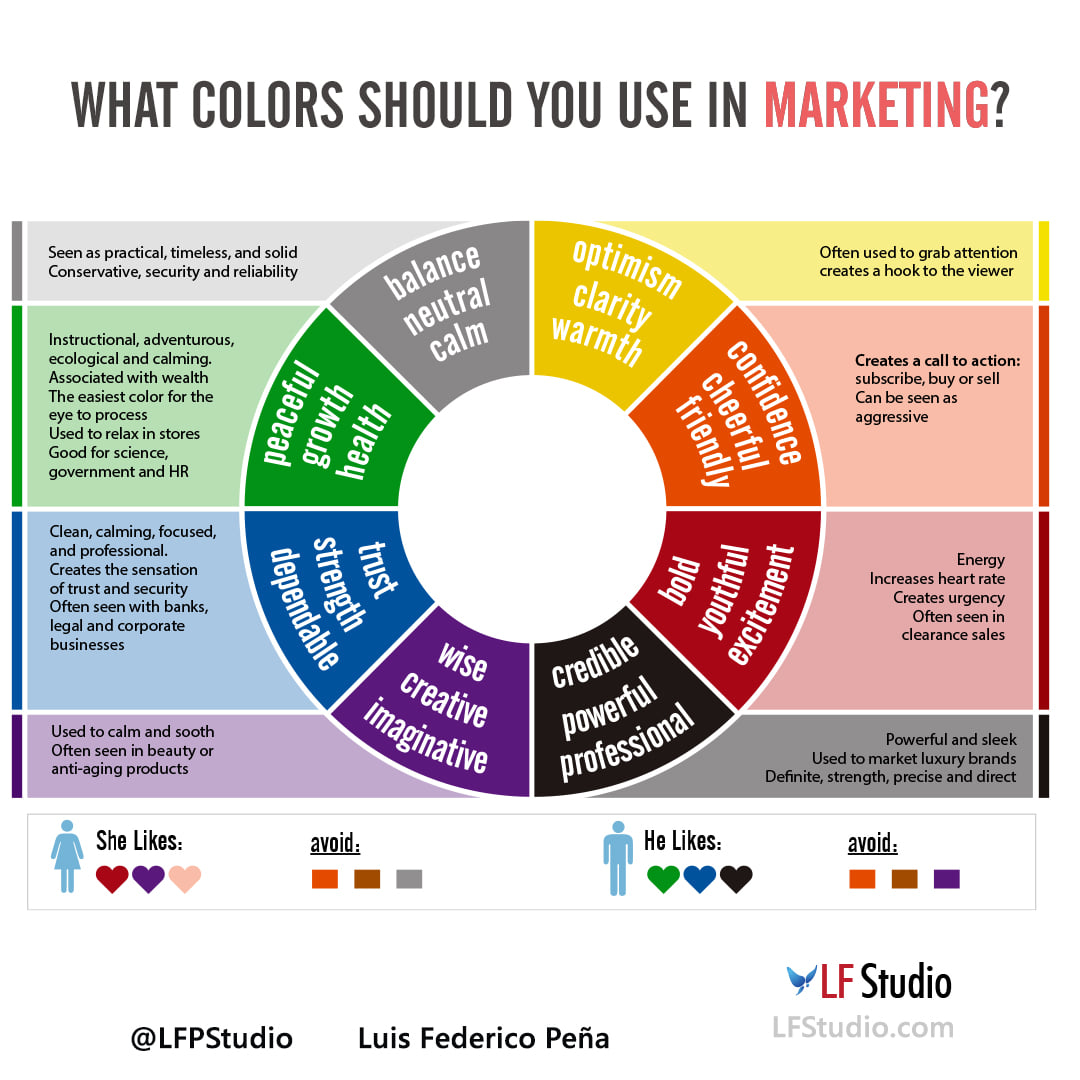
The Influence of Colors on Branding and Marketing Psychology





